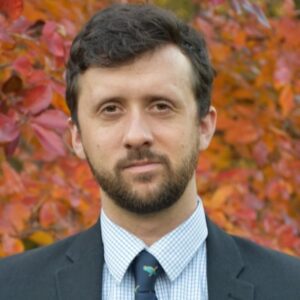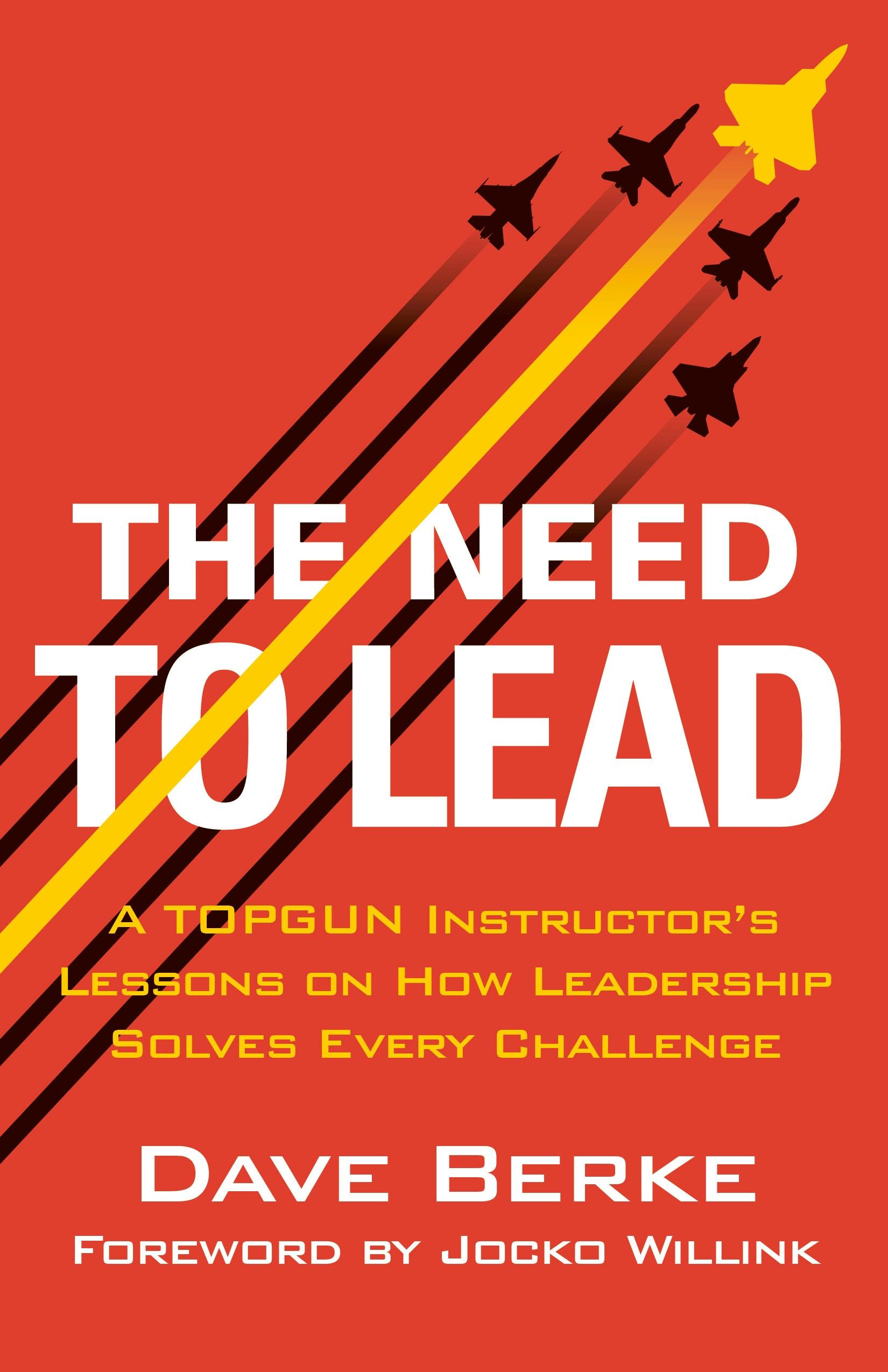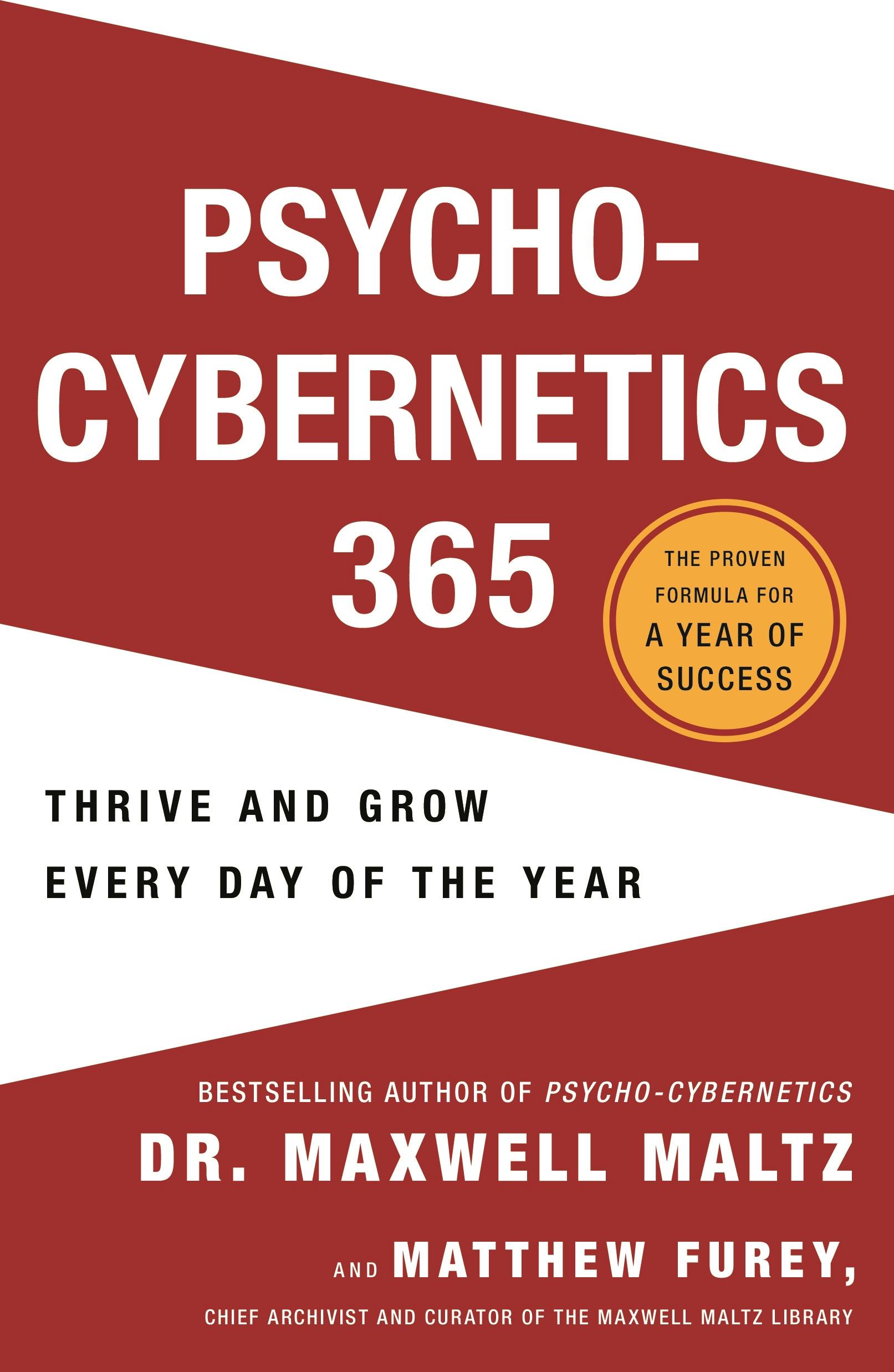
For years, one group of Americans has worked as foot-soldiers for the most authoritarian regimes around the planet. In the process, they’ve not only entrenched dictatorships and spread kleptocratic networks, but they’ve secretly guided U.S. policy without the rest of America even being aware. And now, some of them have begun turning their sights on American democracy itself. These Americans are known as foreign lobbyists, and many of them spent years ushering dictatorships directly into the halls of Washington, all while laundering the reputations of the most heinous, repressive regimes in the process. In Foreign Agents, Casey Michel shines a light on these foreign lobbyists as some of them—after decades of installing dictators and corrupting American policy—embark on their next mission: to end America’s democratic experiment, once and for all. Read an excerpt below.
On an early morning a few months after Donald Trump’s inauguration in 2017, his former campaign manager Paul Manafort, laying in his condo in Alexandria, Virginia, heard a muffled noise outside of his bedroom. It was still early, around six in the morning, with the sun lingering behind the horizon. He couldn’t see much, but began to swing himself out of bed. And then he heard another noise: this time far clearer, and far closer.
“FBI,” the voice boomed. “Hands up. We’re coming in – and we have guns out.”
Manafort slipped into a robe and scrabbled toward the voice, opening his bedroom door. There, in his living room corridor, were people he never expected to see: a dozen federal agents, clad in flak jackets and side-arms. There, in his house – there for him.
Caught somewhere between confusion and concern – as he later said, the agents had “somehow unlocked my condo door” before he was even out of bed – Manafort stood there, staring at the gaggle of FBI agents suddenly spreading throughout his condo. He searched for words, something to calm his own boiling nerves. “Chill out,” Manafort managed. “We will cooperate.”
For hours, the agents combed through Manafort’s belongings: his computers and his hard drives, his cabinets and his cameras. They searched his kitchen. They searched his bedroom. They pored through as much as they could, for over 12 straight hours. And they hauled out box after box after box, making a note of every piece that they took.
Manafort watched all of this, there in his bathrobe, there in his living room. It was, as he later wrote, an “out of body” experience, with American agents sifting and sorting through all of his belongings. (“There was nothing they wouldn’t look at, including my underwear,” Manafort later huffed.) But it was also – which Manafort may not have realized – a piece of history, played out in real-time, on that hazy Virginia morning.
For the first time in U.S. history, federal agents barged into the house of a former campaign manager for an American president. Moreover, they’d done so not because of some kind of nominally ordinary crime – Manafort was never accused of murder, or aggravated robbery, or some kind of assault – but because prosecutors now had reason to believe that, for years, Manafort had secretly worked as a foreign lobbyist, without reporting his work or his payments to federal authorities. And as evidence began to pile from testimony and discoveries elsewhere, prosecutors also began to suspect that Manafort had used that covert foreign lobbying work to tilt an American election in a way no one thought possible – and to help install a president who carried more concerning, and criminal, foreign lobbying links than anything America had ever seen before.
***
At this point, it’s beyond cliché to note that Trump was unlike any other president previously seen in Washington. To his rabid supporters, that difference centered on Trump’s apolitical, business-oriented background. But to the rest of America, that difference stemmed from all of the norms – and laws – Trump shattered before and during his presidency. And one of the key elements of Trump’s unique role in American history grew directly from his 2016 campaign: a willingness to call for foreign help during an American election.
As was obvious even before the 2016 vote, Trump openly courted support from backers in and around the Kremlin – figures and forces who were more than happy to launch a broad array of interference and influence operations at the U.S. throughout the presidential campaign, and well into Trump’s presidency. Indeed, the Kremlin’s 2016 election interference efforts – almost all of which relied on compliant Americans, acting as fellow co-conspiracists – were not only the greatest influence operations Moscow had ever attempted, but were one of the most successful foreign influence operations the U.S. had ever suffered.
Trying to catalogue the entirety of Russia’s influence and lobbying campaigns in the 2010s would be an exercise in exhaustion, and would take up the rest of this book. (There’s a reason the Mueller Report, the most comprehensive document we have to date on the topic, is nearly 450 pages long.)
But it’s worth at least mentioning the broader contours of the Russian interference efforts, especially for what they revealed about how lobbying and influence efforts evolved through the 2010s. And it’s worth focusing on the Mueller Report (named after Special Counsel Robert Mueller) even if only briefly, for a handful of reasons. Even in its redacted form, that report offers deep insight into many of the different factors Russia used to torch the 2016 American election, not least the hacking operation surrounding the Clinton campaign and related DNC emails, which dominated the American news cycle for months. The report also touches on the ways that Russian propaganda – including, but not limited to, RT – and fake social media accounts disseminated the stolen material.
That said, the Mueller Report was still not necessarily comprehensive, failing to investigate Russian cultivation of American Evangelicals or groups like the National Rifle Association (NRA). But there was another blind spot, or maybe false implication, that wasn’t necessarily the fault of Mueller and his team of investigators. Because if you read the Mueller Report cover to cover, you may come away assuming that the Kremlin was the only foreign power that launched an unprecedented foreign lobbying campaign surrounding the 2016 election.
But that would be a mistake. It could be argued that the Kremlin wasn’t even the most successful opaque foreign lobbying campaign of 2016, which then used the Trump presidency to its advantage. In reality, a number of other dictatorships launched their own illicit lobbying campaigns during the Trump campaign and well into the Trump presidency. And they were in many ways just as effective – and just as insidious – as the Kremlin’s efforts.
And they used the one tool that the Kremlin ironically didn’t turn to, but which represents one of the emergent vectors of foreign lobbying in the U.S.: American billionaires.
Copyright © 2025 by Casey Michel

Casey Michel is an author, journalist, and director of the Combating Kleptocracy Program with the Human Rights Foundation. He is the author of American Kleptocracy, named by The Economist as one of the "best books to read to understand financial crime." His writing on offshoring, foreign lobbying, authoritarianism, and illicit wealth has appeared in The New York Times, Financial Times, The Wall Street Journal, The Atlantic, Foreign Affairs, and The Washington Post, among other outlets, and he has appeared on NPR, BBC, CNN, and MSNBC, among other stations. He has also testified in front of the Senate Judiciary Committee on the links between illicit financial networks and national security. He received his Master’s degree in Russian, Eurasian, and East European Studies from Columbia University’s Harriman Institute, and served as a Peace Corps Volunteer in northern Kazakhstan. Foreign Agents is his second book.










